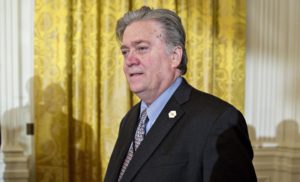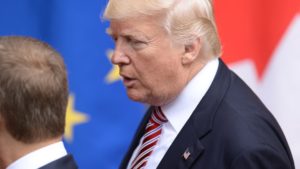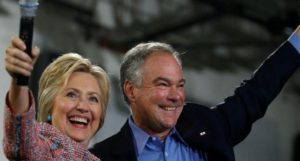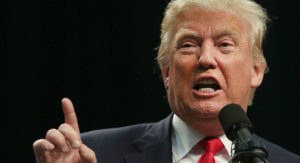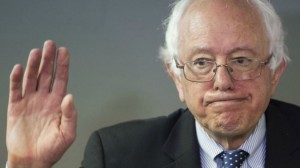The United States has pulled out of the United Nations’ Human Rights Council.
Donald J. Trump doesn’t like the council’s bias against Israel, nor does he like the human rights records of many of the nations that are members of the council.
The president’s response? He decided to withdraw. He’ll let the Human Rights Council do whatever it does without direct U.S. involvement.
That’s no way to lead, Mr. President. Hey, it’s a form of “leading from behind,” which is what Trump so often accused his predecessor, Barack Obama, of doing.
My own preference would be for the United States to stay engaged in the Human Rights Council, exerting pressure on the U.N. body to cease its bias against Israel and to remind many of its members that they have little moral standing to talk about human rights abuses.
I refer to nations such as Saudi Arabia, the Philippines, Venezuela, and Cuba as members of the HRC. I get that those nations all have hideous human rights records.
Why does the president want to withdraw from yet another world body? He’s backed out of the Paris climate accord, the Trans-Pacific Partnership, threatened to scrap the North American Free Trade Agreement.
He recently refused to sign the joint communique of the G-7 economic powers that met in Quebec. What’s more, Trump has threatened to launch a worldwide trade war with our most reliable trading partners and allies.
This is how you “make America great”? This is how you “put America first”?
Nope. It’s a prescription for isolating the world’s most indispensable nation from the world community. The Human Rights Council needs improvement, to be sure.
The more constructive posture would be to have our voices heard — at the table.
